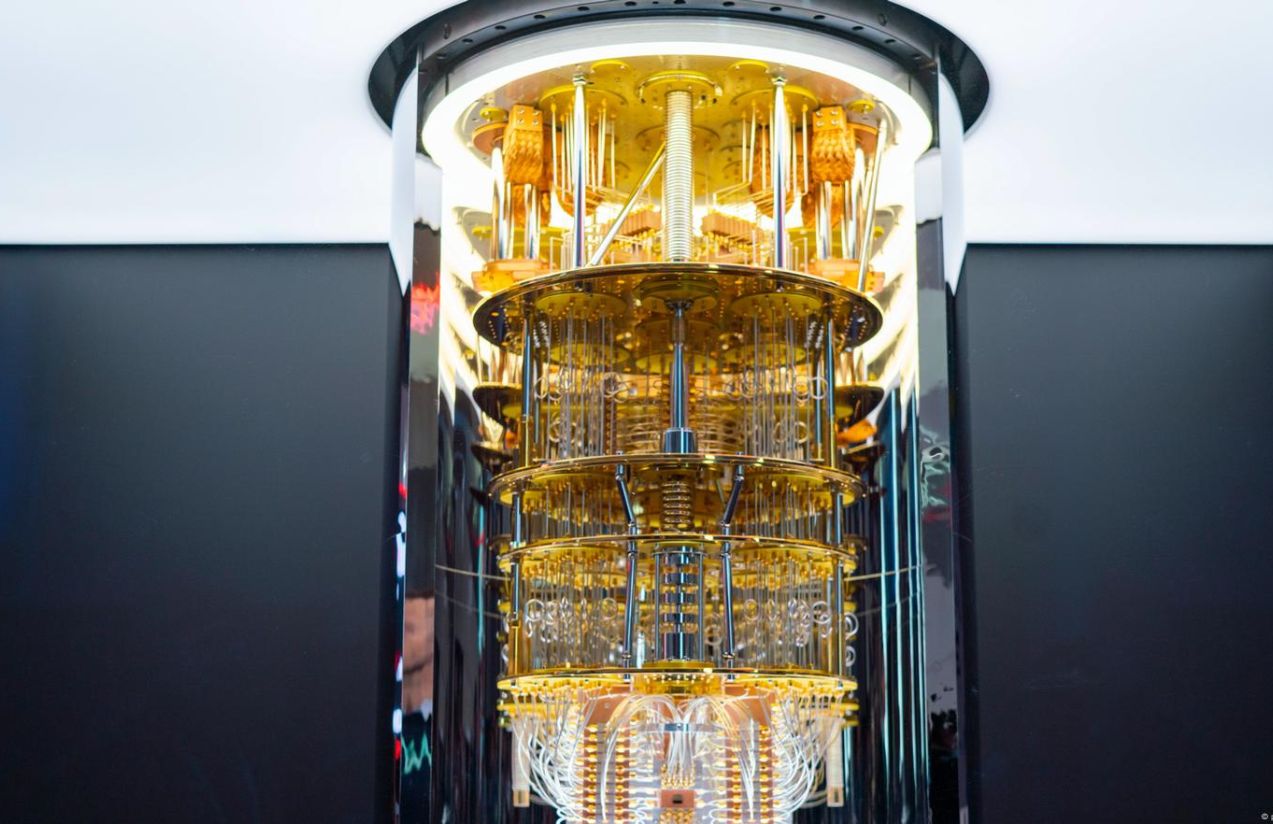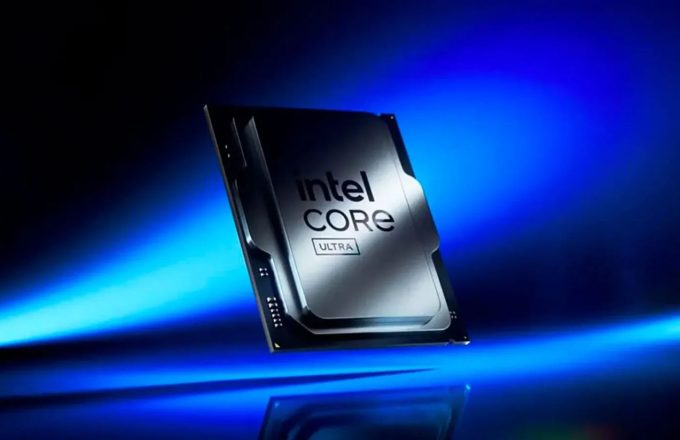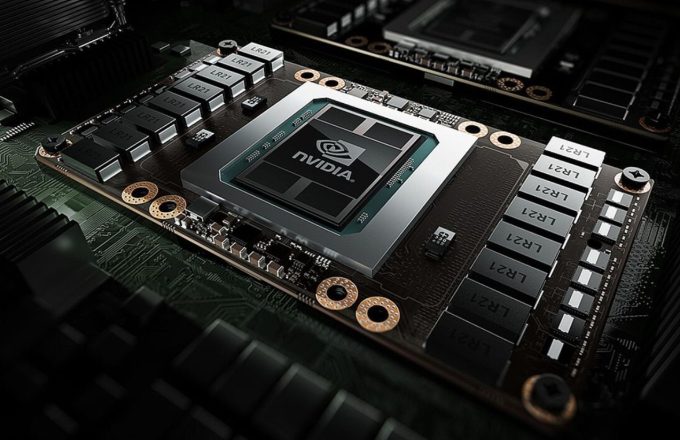China and the United States are leading the global race to develop quantum technologies, not only due to the vast resources they invest but also thanks to the high-impact breakthroughs they continue to achieve. However, no technologically ambitious nation can afford to stay on the sidelines of a revolution poised to transform multiple sectors in the medium term. In this landscape, Japan has adopted a low-profile strategy — but one that is no less significant.
One of the country’s most notable milestones came in 2023, when a team at the RIKEN Center for Quantum Computing, led by Professor Keisuke Fujii, developed an advanced algorithm that significantly reduces the computational complexity of certain quantum processes. Published in the renowned journal Physical Review, this algorithm is currently the most efficient tool available for simulating atomic-level interactions in complex materials.
Unlike the traditional method known as trotterization, the new Japanese protocol optimizes the handling of time evolution operators — matrices that describe intricate quantum interactions — through a hybrid approach that combines classical and quantum techniques. This solution allows relatively low-capacity quantum computers, like the ones currently available, to tackle highly complex computational problems.
But the progress doesn’t stop there. RIKEN and Fujitsu recently announced the joint development of a 256-qubit superconducting quantum computer. While this figure may seem modest compared to industry giants — IBM, for instance, already has its Condor processor with 1,121 qubits and the Heron platform with 5,000 qubits and error mitigation, or China Telecom and the Chinese Academy of Sciences with their 504-qubit Xiaohong processor — the Japanese achievement holds strategic value.
Unlike many European research centers that rely on American-made hardware, Japan’s new quantum computer is built entirely with domestically developed technology. One of its main strengths is its scalability: it can increase the number of qubits without a complete architectural redesign, a key advantage in the race to build more powerful systems.
Moreover, its dilution refrigeration system is said by Fujitsu to be more efficient than those commonly used in other quantum machines. In fact, this 256-qubit system operates with the same cooling unit as its 64-qubit predecessor, showcasing a remarkable leap in energy efficiency.
The project’s ultimate goal is just as ambitious: to build a 1,000-qubit quantum computer by 2026. If successful, Japan will secure a privileged position in the quantum computing field, standing shoulder to shoulder with the world’s top players — proving that even a discreet approach can lead to breakthroughs in such a strategically vital race.




















